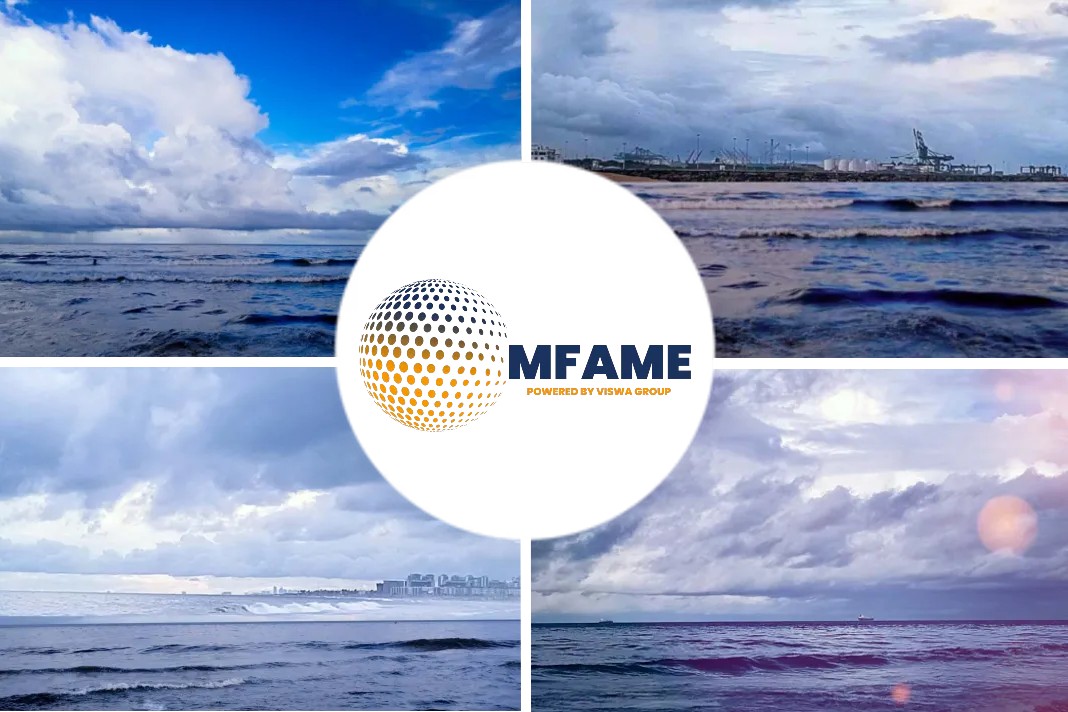Political sleaze and public spending scandals have led to the UK falling to its lowest ever position on the global corruption rankings. According to Transparency International’s latest Corruption Perception Index, the UK has fallen seven places in the corruption charts, the biggest faller in the rankings and the lowest the country has ever been, reports Vice.
Corruption and Covid
The report said this was largely due to government corruption linked to the COVID-19 pandemic, including public spending scandals where lucrative contracts were allegedly awarded to companies with political connections. “Public trust in government is worryingly low after a string of political sleaze and public spending scandals, which showcased how easily political access could be bought by private interests and exposed loopholes that let public officials regulate their own conduct,” Transparency International said.
The NGO singled out the UK – which has been governed by the increasingly unpopular Conservative Party since 2010 – as a “country to watch” and said the nation “stands as a warning that countries in the top tier of the index are still vulnerable to the perception of corruption and undue influence.”
The world’s most corrupt country according to the rankings, which use interviews with experts and business people to gauge how corrupt public sectors are in 180 countries, remains Somalia, followed by Syria, South Sudan and Venezuela. The country perceived to be the least corrupt is Denmark, with Finland, New Zealand and Norway also in the top 4 least corrupt countries.
The report said: “Countries with strong institutions and well-functioning democracies often find themselves at the top of the Index. On the flip side, countries experiencing conflict or where basic personal and political freedoms are highly restricted tend to earn the lowest marks.”
Despite the UK’s fall down the corruption table, the US is still perceived as being more corrupt. Hungary is seen as the most corrupt country in EU, while Ukraine and Russia sit in the bottom half of the rankings.
A huge dose of scepticism
However, Transparency International’s rankings should be viewed with a huge dose of scepticism according to journalist Oliver Bullough, author of Butler to the World and Moneyland.
“There are some things you can’t rank by country. Ranking football teams, literacy, you can do that. But corruption? It’s not something that happens just within one country, it hasn’t worked like that for decades, it’s inherently transnational. People take bribes in one country, the bribe itself is paid in a second country, it’s laundered in a third country and the proceeds are spent in a fourth country, so who’s corrupt? What we end up with is an index that blames poor countries while exonerating the rich countries that enable that corruption and where the fruits of that corruption end up, and that’s grotesquely unfair,” Bullough told VICE World News in a phone interview.
“If you look at the countries in the top 30 least corrupt, Switzerland, Singapore, Hong Kong, the US, the UK, the UAE, they are all places where you’re not going to pay a bribe on the street, they are places where you launder it. For example the UAE, where the Russian oligarchs have fled, might not have a public corruption problem, but it has a money laundering problem.”
Bullough said a country’s position on the index is often used as shorthand for how crooked a place is and that feeds into the perception of a country, from institutions such as the World Bank, the International Monetary Fund, investment banks and foreign diplomatic services. “It creates this idea that corruption is the fault of poor counties when it’s at least as much the fault of where the corrupters come from.”
He said the report seems to ignore the UK’s vastly significant role, as “the world’s biggest laundromat” for stolen money from other countries.
“Looking at a bit of corruption in COVID schemes is like looking at pennies rather than billions,” he said.
“Ironically if I was doing this list I would still score the UK very poorly, but probably a bit better than last year. In the last year there’s been legislation passed exposing offshore ownership of property and the UK has sanctioned a load of Russian oligarchs. These new rules are quite good at trying to reduce the huge amount of stolen money going through London.”
Did you subscribe to our daily Newsletter?
It’s Free! Click here to Subscribe
Source: Vice
















